Shanghai’s American Chamber of Commerce (AmCham) Ker Gibbs said today that the biggest problem for American businesses in China is “a lack of workers as they are subjected to travel restrictions and quarantines” due to Wuhan Coronavirus outbreak. Hence, “most factories have a severe shortage of workers, even after they are allowed to open. This is going to have a severe impact on global supply chains that is only beginning to show up.”
109 members companies with manufacturing in Shanghai, Suzhou, Nanjing and the wider Yangtze River Delta participated in a mini survey between February 11-14. The survey found:
- 48% of companies report their global operations are already impacted by the shutdown
- 78% of companies do not have sufficient staff to run a full production line
- 41% of companies say a lack of staff is their biggest challenge in the next 2-4 weeks; 30% of companies say logistics issues will be their biggest concern
- Over the next few months, 58% of companies expect demand for their output to be lower than normal
- 38% of companies do not have sufficient masks/other supplies to protect their staff from coronavirus infection
- 35% of companies ranked a clearer explanation of requirements as the most important thing government officials could do to speed up factory opening approvals




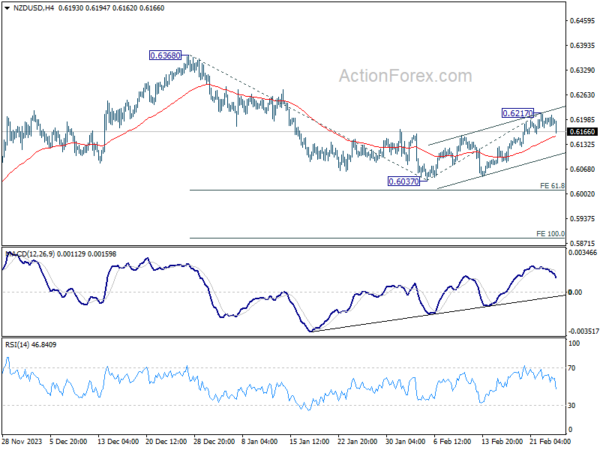
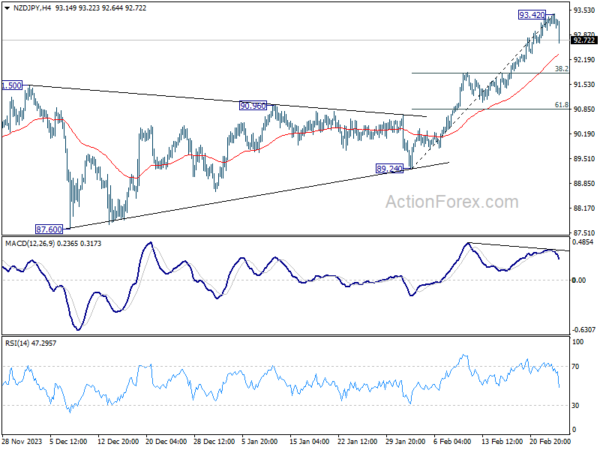
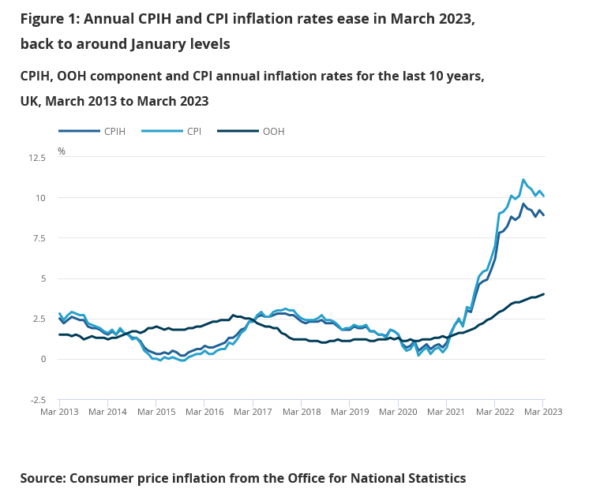
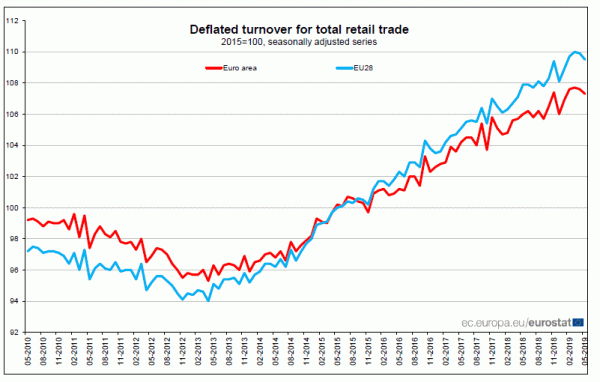
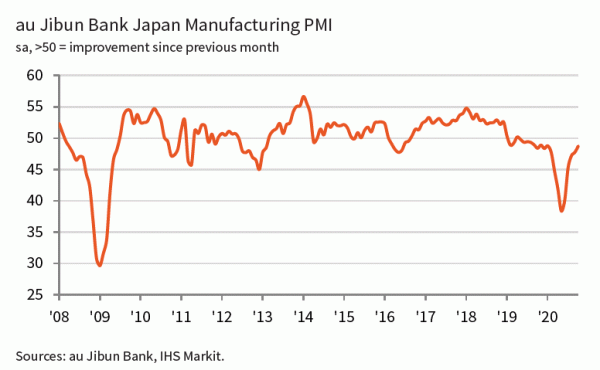
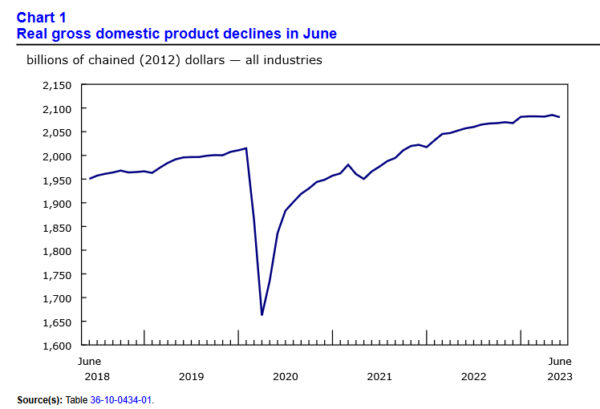
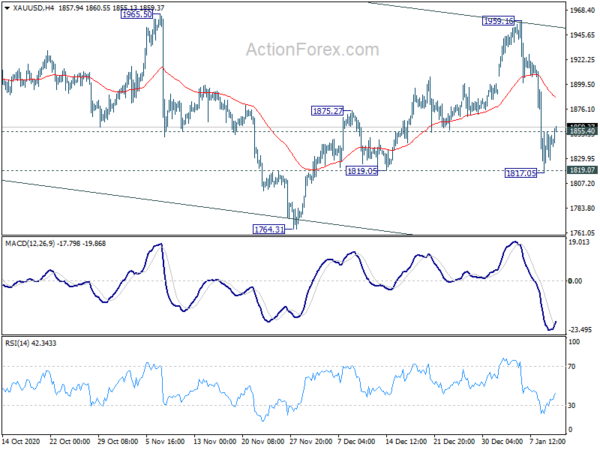
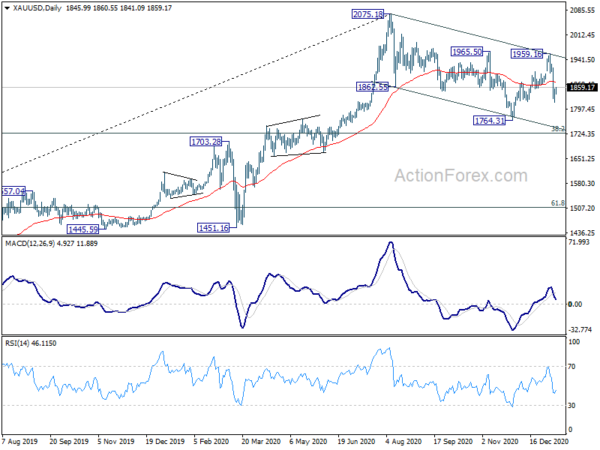
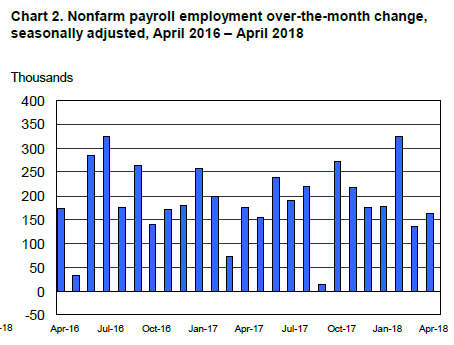
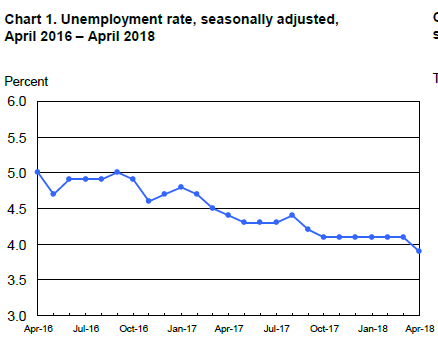
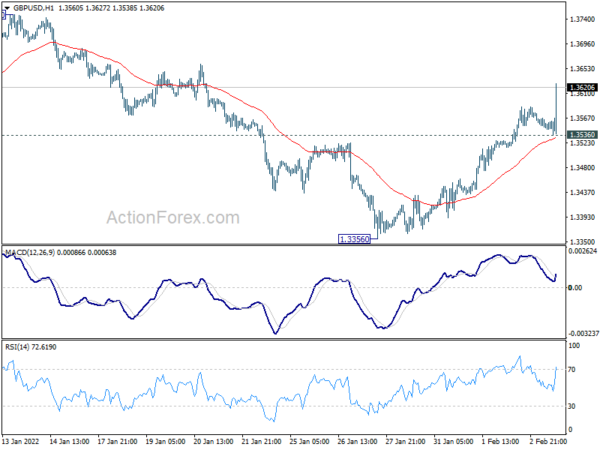
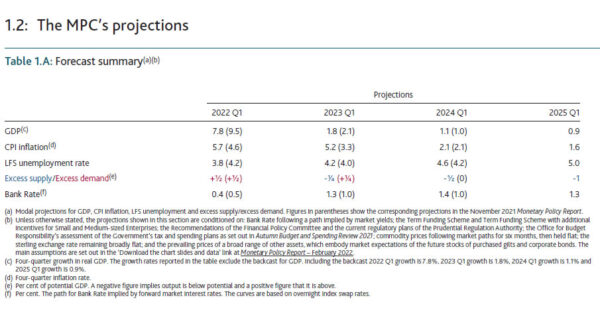
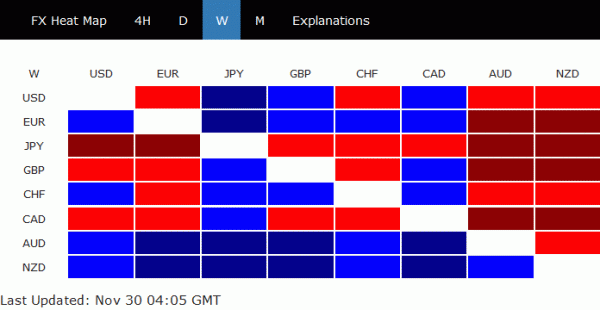
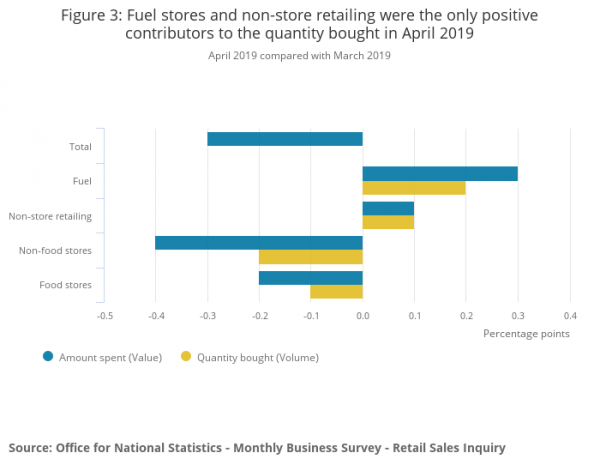

SNB keeps rate at -0.75%, upgrade inflation forecasts
SNB keeps sight deposit rate unchanged at -0.75% as widely expected. It reiterated that is is “willing to intervene in the foreign exchange market as necessary, in order to counter upward pressure on the Swiss franc”. The Swiss franc remains “highly valued”.
SNB said, “the war in Ukraine has had an effect on the Swiss economy above all via the strong increase in commodity prices”, and are likely to “weigh on consumption and increase companies’ production costs”. Trade is likely to be affected by “albeit not severely given Switzerland’s limited direct economic ties to Ukraine and Russia”. Supply bottlenecks “could deteriorate further” and uncertainty could have an “adverse impact on investment activity.”. 2022 growth forecasts was revised lower to around 2.5%.
The inflation forecast, conditioned on policy rate at -0.75%, was raised in general. But inflation is projected to peak at 2.2% in Q2 2022, then slow gradually to 0.7% in Q2 2023, then climb back to 1.1% in Q1. For the year as a whole, inflation is projected to be 2.1% in 2022 (upgraded from 1.0%), 0.9% in 2023 (up graded from 0.6%), and then 0.9% in 2024 (new).
Full statement here.